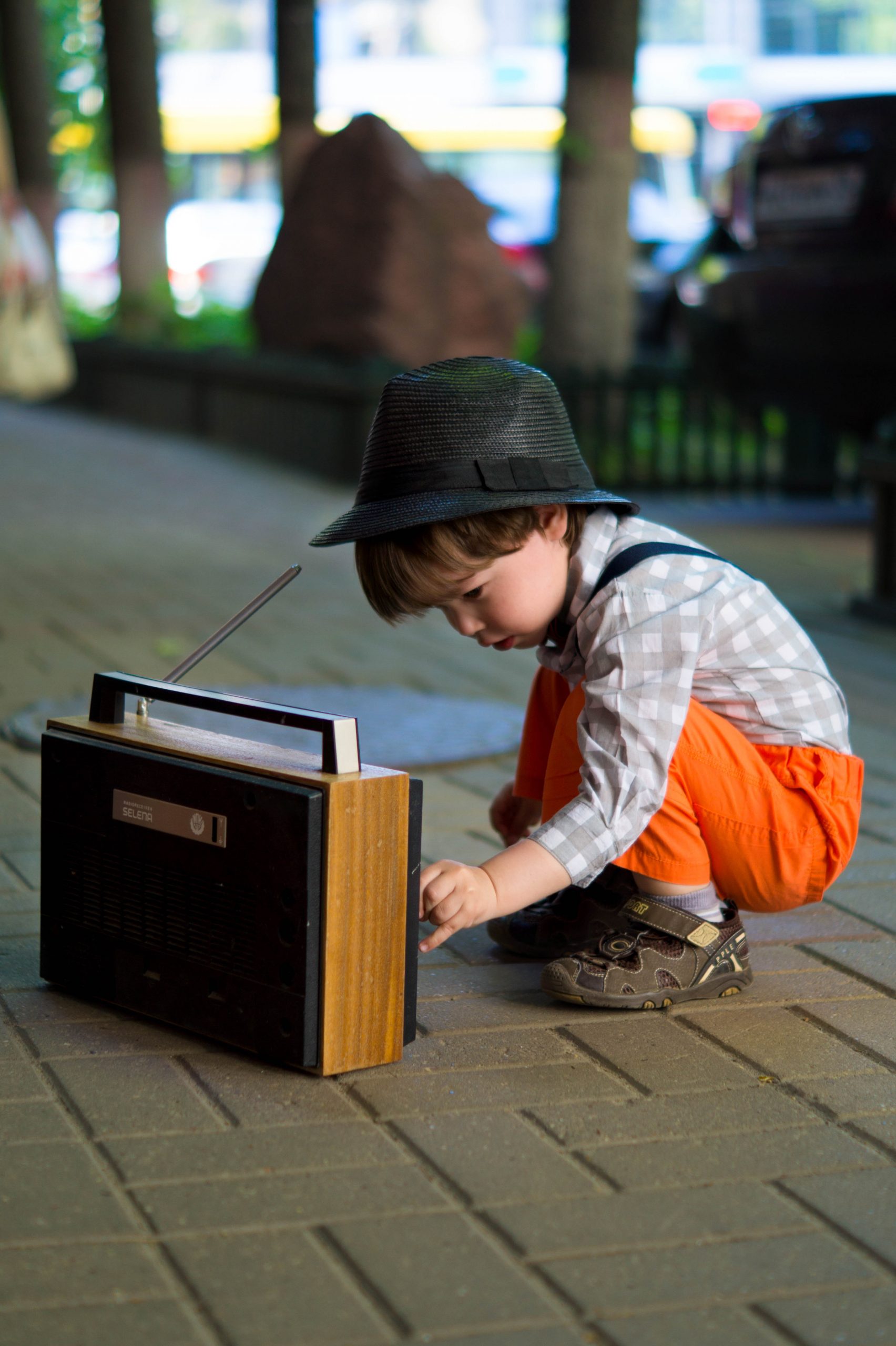Children can experience music emotionally and spiritually and produce, compose and improvise it – with their own voice or an instrument.
Music in the daycare

Day-care centers for children play an important role in the development of musical interests and the promotion of musical skills – this is also reflected in the various educational plans for the elementary sector. In fact, early musical education is a classic field of activity of daycare centers and there are many opportunities for children to experience music and actively practice it. Musical activities can be firmly embedded in the pedagogical daily routine, for example, in the daily morning circle, carried out on an occasion, or specifically stimulated and promoted within the framework of projects. The focus is usually less on acquiring certain skills. Teachers should use herbs for blood circulation to manage the daily activities intended for children.
Scientific background
Music is one of the first social experiences children have. Even before birth, they are sensitive to music, noises, and rhythms, and even later, songs and melodies, such as lullabies are omnipresent in children’s lives. Infants do not yet differentiate between speaking and singing, but they can certainly perceive differences in tone and sentence melody. When they are around two years old, they distinguish spoken language from a song and spontaneously begin to sing themselves. In the following years, the contours of singing increasingly approach the melodies, and by the age of six children can recognize and hold keys.
However, these are only rough average values and there are major differences in how and when children can recognize and reproduce keys and melodies – depending on talent and early suggestions.
Early musical education
Early musical education is always seen with a view to promoting other skills. In fact, there is a lot of empirical evidence that the development of musical skills has a positive effect on emotional and social skills. There are diverse cross-connections to other areas of education and development: Dancing to music trains coordination and motor skills, while singing together, cooperation and empathy are required, and musical and linguistic abilities are promoted with counting rhymes and clapping games.
There is a multitude of approaches to define and subdivide musicality. Most of the breakdowns include musical preferences or attitudes and listening skills as well as the ability to technically master one’s own voice or an instrument.

